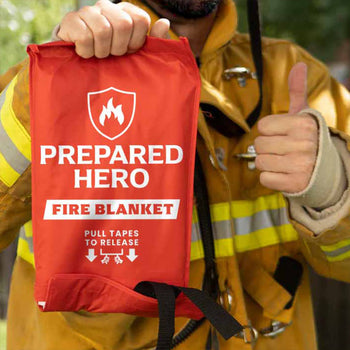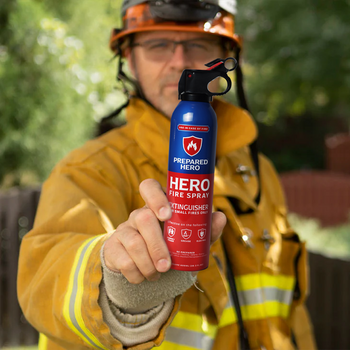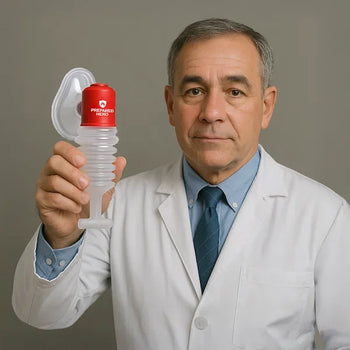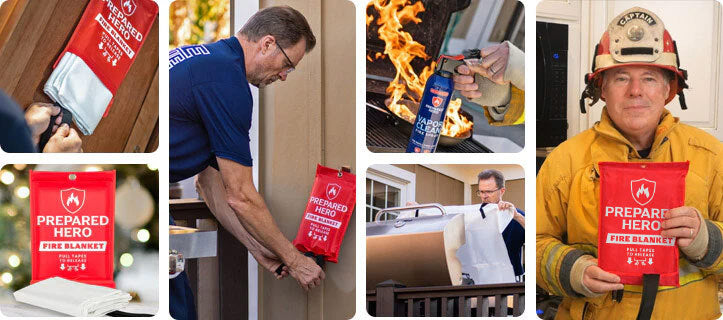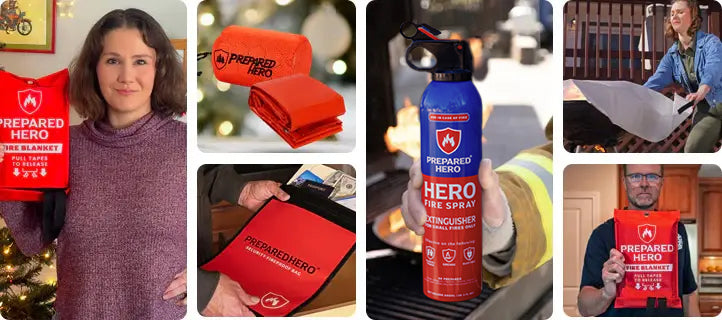Where you put your smoke detectors matters just as much as installing them. Proper placement makes sure they can detect...
If there's one thing we can all agree on, fires are scary. But what if you're in the kitchen and your stove starts to smoke? What should you do then?
Well, for starters: don't panic!
You might be tempted to run straight for the nearest exit, but that could be dangerous and unnecessary. The most important thing is to stop the fire from spreading before it worsens and ensure everybody in the building is safe. Read on to learn the 3 Things you should do immediately during a kitchen fire.
How Do Kitchen Fires Begin?
Usually, something combustible comes into touch with a heat source to start a kitchen fire. Cooking oils, grease, fats pouring onto hot surfaces, unattended food cooking, and spilled liquids are the leading causes of kitchen fires.
What Causes Oil Fires to Begin?
A grease fire can start when you’re cooking oil heats up too much. High temperatures cause oils to boil, then they start to smoke, and lastly, as the temperature rises, they catch fire. Don't panic once the oil starts to smoke. Smoke is a warning sign that a fire is about to start.
STEP 1
Fight the Fire

Fight the fire with a extinguisher meant for cooking oils and grease.
If you don't have an extinguisher, use a dry chemical. We recommend Hero Fire Spray for its ease of use and effectiveness. Also, its 100% biodegradable formula means environmentally friendly and safe around your family and pets!
Alternatively also recommend using a Fire Blanket this blanket by the Prepared Hero it is easy to use with an easy pull system that suffocates and eliminates fires within seconds.
Remember!
Never use water to put out an oil fire! That can cause the oil to spread and make matters worse.
If you are inside your home or apartment building and cannot find one of these types of extinguishers, then skip this step!
STEP 2
Get Yourself and Everybody to Safety
If you cannot contain the fire, or if it is too large and unsafe for you to attempt to extinguish it by yourself, evacuate immediately. Do not forget your phone! This will be essential in contacting emergency services and informing them of what has happened so they can send help as quickly as possible.
Stay out of your home until help arrives. It's better to be safe than sorry when dealing with a potentially dangerous situation! If there is no way out of your house (for example, if there is smoke upstairs), stay in a safe place until help arrives.
STEP 3
Call 911

Once you have safely evacuated the house, call 911. This will alert emergency services to the situation and help them get to your location as quickly as possible.
If you can, tell the dispatcher where the fire is located (the kitchen), if anyone was hurt and how many people are in the house. Let them know if any pets or children are in the house.
The dispatcher will ask for your name and phone number so they can reach out to you later if more information is needed. After that, stay on the line until emergency responders come to your home.
While it's true that most kitchen fires start with small flames and can be extinguished, they still have the potential to cause severe damage. We hope this article can be implemented into your fire escape plan.
Remember to stay calm and act fast!


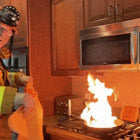 Fire
Fire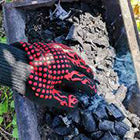 Safety
Safety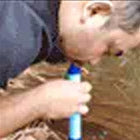 Survival
Survival Protection
Protection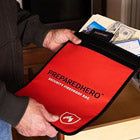 New
New Scouting America
Scouting America
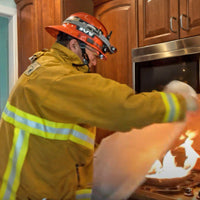 Fire
Fire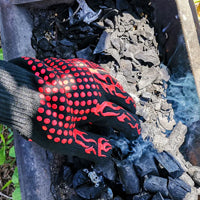 Safety
Safety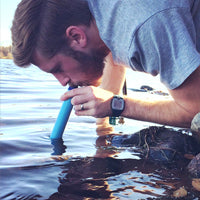 Survival
Survival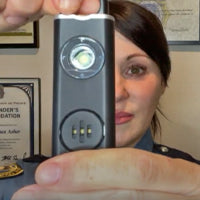 Protection
Protection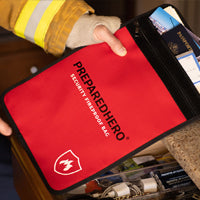 New
New
